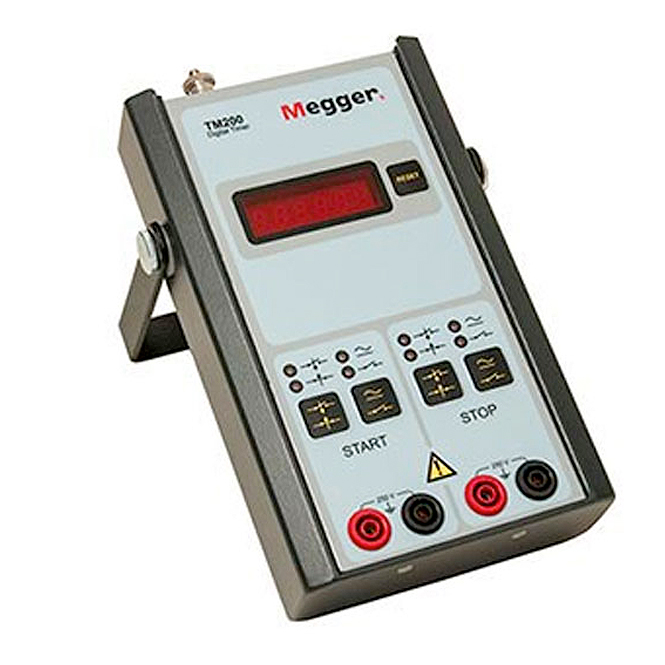Time Calibration Test Meter
Call us for Immediate Support - 0845 6021918 eMail - support@uklabservices.co.uk

Time Calibration Test Meter
A time calibration test meter is a device used to test and calibrate the accuracy of timekeeping devices, such as clocks, watches, and oscillators. Time calibration test meters typically work by generating a reference signal that is known to be extremely accurate. The timekeeping device under test is then synchronized with the reference signal and its accuracy is measured.
There are two main types of time calibration test meters:
Atomic clock-based time calibration test meters: Atomic clock-based time calibration test meters are the most accurate type of time calibration test meter. They use an atomic clock as the reference signal. Atomic clocks are extremely accurate, with errors less than one second per billion years.
GPS-based time calibration test meters: GPS-based time calibration test meters use GPS signals as the reference signal. GPS signals are also very accurate, with errors less than 10 nanoseconds.
